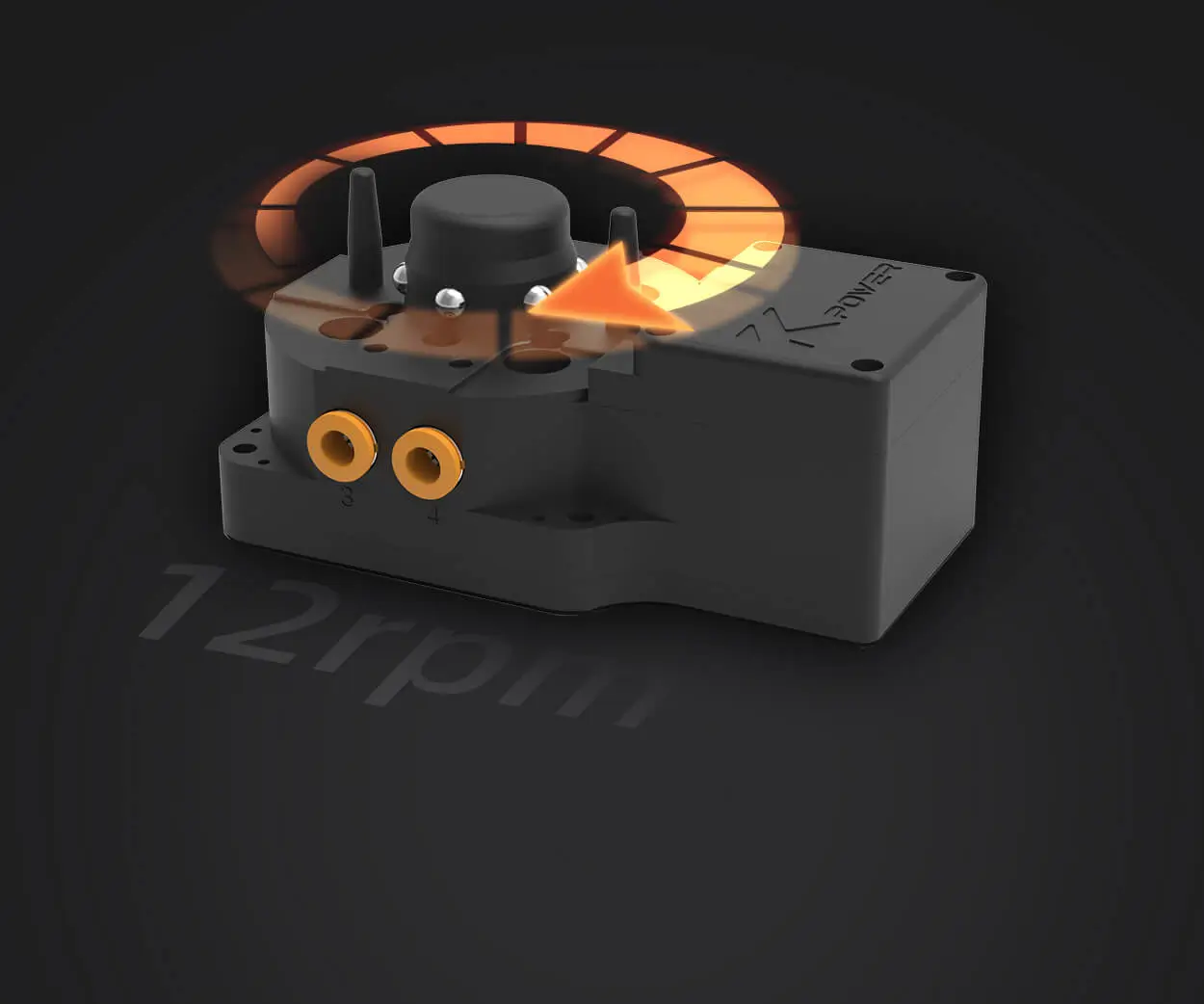Monolith vs Microservices: Understanding the Key Differences for Your Business
When you're diving into the world of software architecture, you might encounter two buzzwords: monolith and microservices. But what do these terms actually mean, and more importantly, how do they impact your business? Let’s break it down and see which approach might suit your needs best.

What is a Monolith?
Imagine your company runs a large e-commerce website. All the functionality—user authentication, product listings, shopping cart, and payment processing—exists in one giant application. That’s a monolithic system. Everything is tightly integrated, which means if you need to make a change to one part of the system, you typically need to update and redeploy the whole application.
Monolithic applications are often simpler to build at first because they have one codebase. It’s easy to get started with a single, unified system, but as your business grows, so does the complexity of maintaining it. Small changes can quickly turn into big headaches as the codebase becomes harder to manage. The bigger your team or project, the more challenging it becomes to scale.
Enter Microservices
Now, picture breaking that same e-commerce site into separate services: user authentication, inventory management, order processing, and so on. Each service is independent, running in its own environment, and communicating with the others via APIs. That’s the essence of microservices.
Each microservice focuses on a specific business function, and it can be developed, deployed, and scaled independently. This flexibility is one of the major advantages of microservices. As your company grows, each service can be updated or scaled without affecting others, making your system much more adaptable to change.
Which Approach is Right for You?
You might be asking, “So, which one should I choose for my business?” The truth is, there’s no one-size-fits-all answer. Let’s explore a few considerations.
Scale and Flexibility: If you're running a startup or a smaller project, a monolith might be simpler and cheaper to manage. However, as your project scales, you’ll likely face challenges related to speed and agility. Microservices, though more complex to manage initially, offer greater scalability as your system grows.
Development Speed: If your team is small, building a monolithic app is often faster. There's one codebase to maintain, and everyone is working on the same project. Microservices, on the other hand, require more coordination as each service is like its own mini-project.
Technology Stack: In a monolithic system, you’re often locked into one set of technologies. Microservices allow you to use the best tools for each service. For instance, your user authentication service might be built with one programming language, while your payment gateway might run on another.
Is Microservices Always the Right Choice?
It’s easy to get caught up in the hype of microservices, but they're not always the right fit. For small teams or less complex applications, a monolithic architecture can be more efficient and easier to maintain. As your business grows, you can transition to microservices when scaling becomes more of a priority.
In fact, many successful companies start with a monolithic architecture and gradually evolve into microservices as they expand. It’s not about choosing one over the other forever—it’s about choosing the best approach for where you are now and where you’re heading.
Conclusion
Choosing between monolith and microservices comes down to your current needs and future plans. Both architectures have their pros and cons, but the key is understanding what works best for your business at this stage. Whether you're looking for simplicity or scalability, making the right choice now can save you time, money, and a lot of headaches down the line.
Stay agile, stay informed, and make decisions that align with your long-term goals. That’s the best way to ensure your software architecture grows with your business.
Established in 2005, Kpower has been dedicated to a professional compact motion unit manufacturer, headquartered in Dongguan, Guangdong Province, China. Leveraging innovations in modular drive technology, Kpower integrates high-performance motors, precision reducers, and multi-protocol control systems to provide efficient and customized smart drive system solutions. Kpower has delivered professional drive system solutions to over 500 enterprise clients globally with products covering various fields such as Smart Home Systems, Automatic Electronics, Robotics, Precision Agriculture, Drones, and Industrial Automation.




































